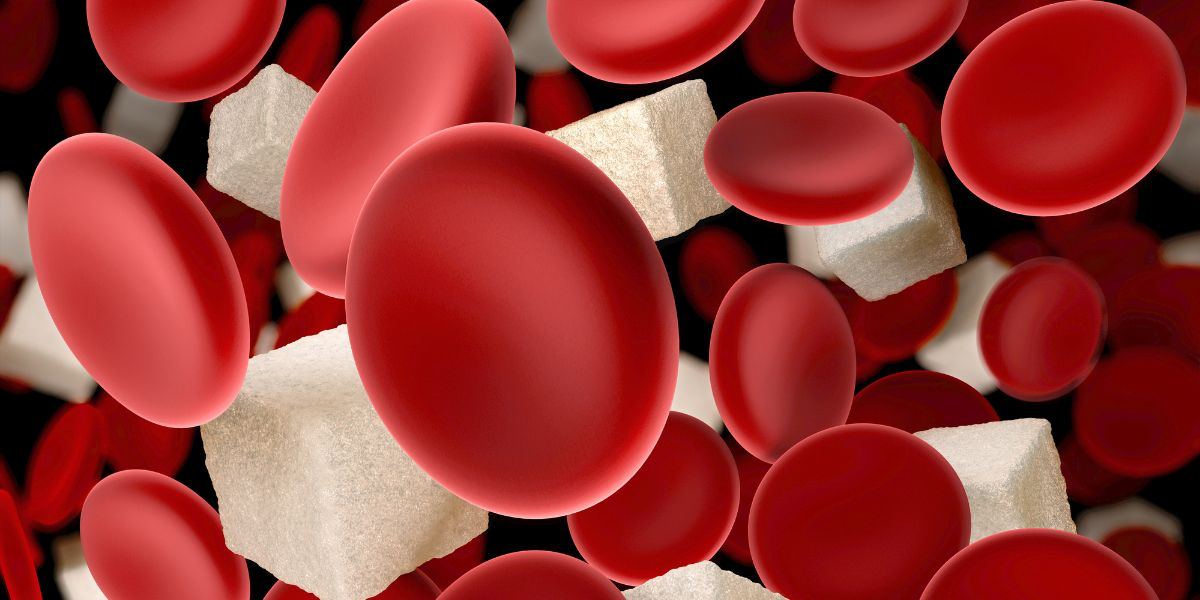
Diabetes is a long-lasting health issue that affects millions worldwide by causing higher-than-normal blood sugar levels. As its prevalence increases, the search for effective treatments continues, with recent progress ranging from lifestyle changes to advanced medical solutions.
Understanding Diabetes:
Diabetes mellitus, commonly known as diabetes, involves a group of conditions leading to elevated blood sugar levels (hyperglycemia). The two main types, type 1 and type 2 diabetes, have different causes but share the common result of impaired insulin function—either not enough insulin production (type 1) or ineffective use (type 2). Insulin is the hormone that regulates blood sugar levels.
Traditional Approaches:
Historically, managing diabetes focused on controlling blood sugar through a mix of medication, diet adjustments, and exercise. Treatment methods included using medications like insulin therapy and oral hypoglycemic agents, alongside dietary changes emphasizing carbohydrate control and increased physical activity to boost insulin sensitivity. They also may include some wild herbs, which will be discussed in further articles.
Emerging Therapies:
Recent years have seen a change in how diabetes is treated, thanks to advancements in medical science and technology. These new approaches offer promising ways for more personalized and efficient management of the condition.
Precision Medicine: Tailoring treatment plans based on an individual’s genetics, metabolism, and lifestyle has great potential for optimizing diabetes management. Genetic testing and molecular profiling help healthcare providers identify predisposing factors and customize treatments for better outcomes.
Continuous Glucose Monitoring (CGM): CGM systems give real-time insights into blood glucose levels, offering a detailed look at how blood sugar fluctuates throughout the day. These devices enable proactive management by allowing timely adjustments in medication, diet, and physical activity, reducing the risk of low and high blood sugar episodes.
Insulin Pump Therapy: Insulin pump technology has evolved significantly, providing more accurate and convenient insulin delivery. Modern insulin pumps use advanced algorithms and automated features for precise dosing and improved blood sugar control compared to traditional injection methods.
Bariatric Surgery: Once reserved for obesity management, bariatric surgery is now considered a viable option for treating type 2 diabetes in specific cases. Procedures like gastric bypass and sleeve gastrectomy have shown the potential to induce diabetes remission by changing gut hormone signaling and improving insulin sensitivity.
Regenerative Medicine: Stem cell therapy and regenerative approaches offer hope in restoring pancreatic function and insulin production for individuals with type 1 diabetes. These innovative therapies aim to stop disease progression and achieve long-term remission by replenishing insulin-secreting beta cells or modulating immune responses.